(Baonghean.vn) - Many major events that occurred in countries have had a great impact on the course of human history.
 |
| Julius Caesar - a military and political leader, and great Latin prose writer of ancient Rome was stabbed to death by about 60 senators at a location adjacent to the Theatre of Pompey on the Ides of March 44 BC. This event had a great impact on the course of history. |
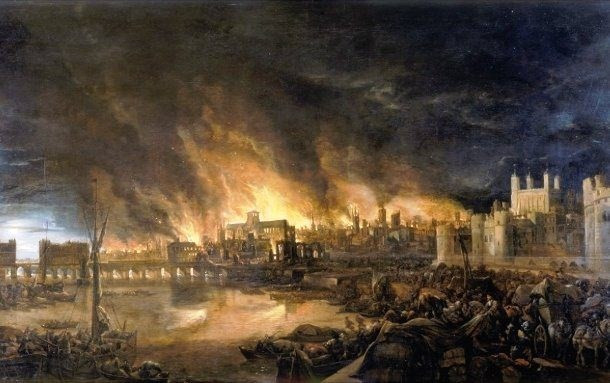 |
| On September 2, 1666, a small fire broke out at Thomas Farriner's bakery and spread to many neighboring houses, eventually burning down 3/4 of London, England in 5 days. As a result, 8 people died, about 13,200 houses, and nearly 87 churches were destroyed in the terrible fire. |
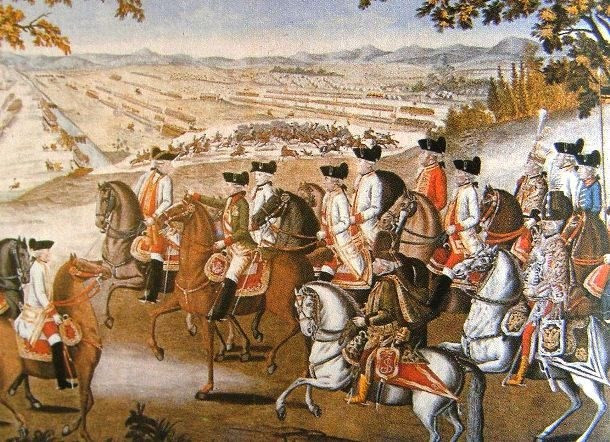 |
| In 1788, the Austrian Empire launched a war with Türkiye. At that time, the Austrian army with about 100,000 soldiers marched down to the town of Karansebes to fight the Turkish army. However, the Austrian army, due to excessive drinking and carousing, killed each other, mistaking them for the Turkish army. As a result, nearly 10,000 Austrian soldiers died from killing imaginary enemies. Therefore, the Turks captured the town of Karansebe without firing a single shot. |
 |
| On October 18, 1867, the United States purchased Alaska from Russia for $7.2 million. This was a major purchase, famous around the world. Today, Alaska is the second largest gold-producing state in the United States (after Nevada). |
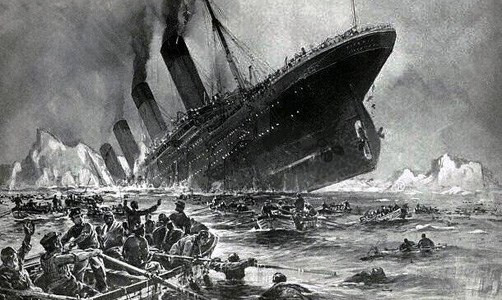 |
| In 1912, the RMS Titanic, dubbed "unsinkable," hit an iceberg and sank on its maiden voyage. As a result, 1,500 of the 2,224 people on board died. The sinking of the Titanic was one of the worst maritime tragedies in human history. |
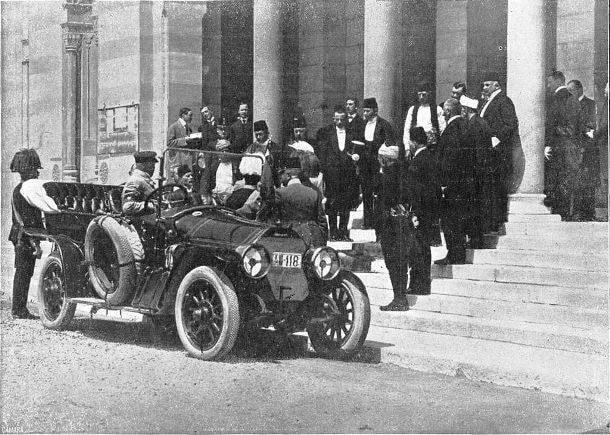 |
| Franz Ferdinand - Archduke of Austria - Hungary was assassinated by the terrorist organization Black Hand on June 28, 1914. The perpetrator was Gavrilo Princip, a Serbian student belonging to the Black Hand organization. After the assassination, the Austro-Hungarian Empire blamed Serbia for being behind the incident and declared war on this country. The shocking event sparked the outbreak of World War I. |
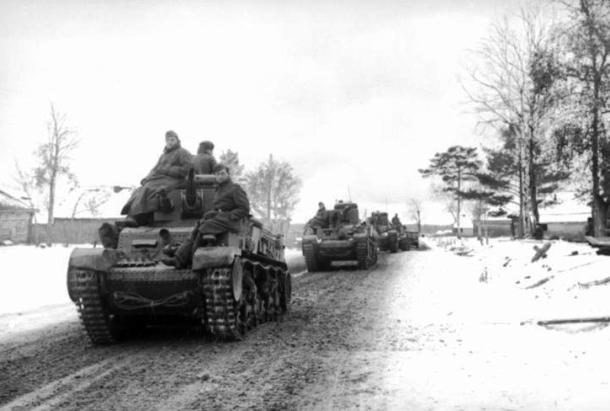 |
| In the summer of 1941, Nazi leader Hitler launched an attack to invade the Soviet Union. However, this war lasted longer than Hitler expected, so in the end the Nazi army failed miserably. This failure had a great significance for World War II when Nazi Germany gradually lost on many fronts and finally surrendered to the Allies in 1945. This great event contributed to turning the wheel of history. |
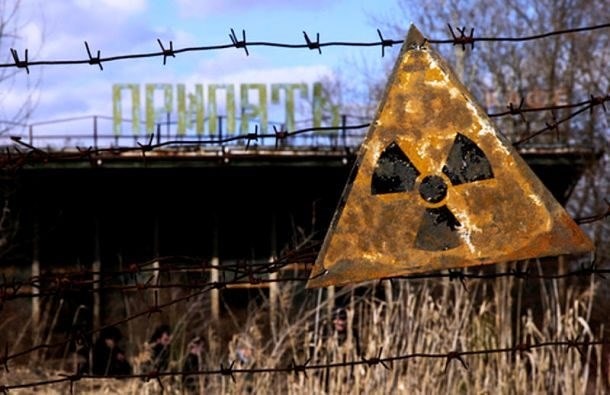 |
| On April 26, 1986, the worst nuclear disaster in world history occurred at the Chernobyl power plant. Reactor No. 4 exploded, releasing a large amount of radioactive material into the environment. 36 hours after the incident, the entire population of Pripyat was ordered to evacuate. The Chernobyl nuclear power plant continued to produce electricity for another 14 years after the disaster and only closed completely in 2000 due to international pressure. |
Kim Ngoc
(Synthetic)









